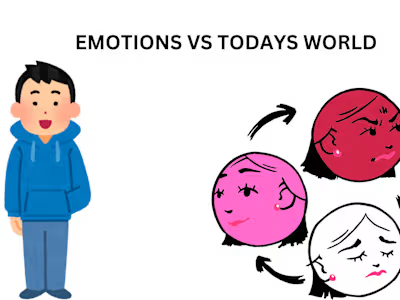skills vs education
In an ever-evolving job market, the debate between the value of skills versus education has never been more relevant. Employers today are faced with a critical decision: Should they prioritize candidates with formal education credentials, or should they seek out those who have honed their skills through hands-on experience?
The Power of Education
Education has long been the cornerstone of career success. A formal education provides a structured environment where individuals can gain foundational knowledge, critical thinking abilities, and specialized expertise. Degrees and certifications often serve as a testament to a candidate’s dedication, discipline, and ability to learn complex concepts.
However, in an age where technology and industries are rapidly changing, traditional education can sometimes lag behind the latest developments. Graduates may find themselves well-versed in theory but lacking in the practical skills needed to excel in their chosen field.
The Rise of Skills
On the other hand, skills have taken center stage in the modern workforce. Employers are increasingly valuing candidates who can demonstrate proficiency in specific areas—whether it’s coding, digital marketing, project management, or creative problem-solving. These skills, often acquired through experience, internships, or self-directed learning, can make a candidate stand out in a competitive job market.
Skills demonstrate a person’s ability to apply knowledge in real-world situations. They show adaptability, hands-on expertise, and the ability to keep up with industry trends. In many cases, a strong skill set can make up for the lack of a formal degree, especially in industries where practical experience is highly valued.
The Sweet Spot: Combining Skills with Education
The most compelling candidates are often those who combine the best of both worlds—strong educational backgrounds coupled with relevant skills. This combination allows professionals to not only understand the theory behind their work but also apply it effectively in practice. It’s about leveraging the strengths of both education and skills to create a well-rounded, capable workforce.
Why It Matters to Employers
For employers, understanding the balance between skills and education is key to making informed hiring decisions. While education provides a solid foundation, skills ensure that employees can hit the ground running and adapt to the demands of their roles. By focusing on both, companies can build teams that are not only knowledgeable but also highly effective.
This content highlights the importance of both skills and education, making a persuasive case that can attract clients interested in thoughtful, balanced perspectives on workforce development.
Like this project
Posted Aug 18, 2024
I have written an article that holds a debate between two different things like skill and education and gave up my personal opinion about it






